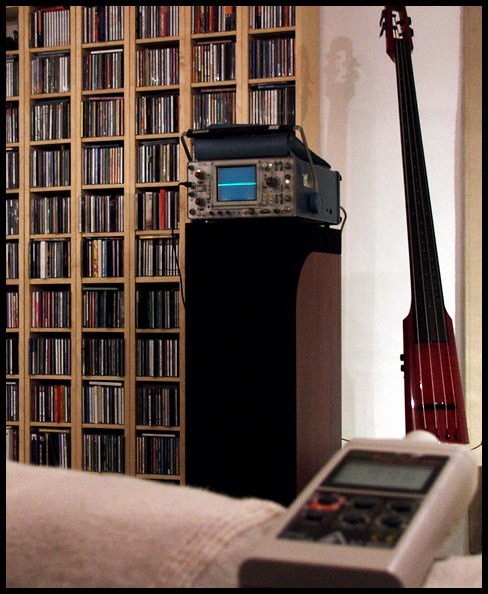I have the greatest respect for people that build their own kit. I've never had an interest in doing this myself which considering my scientific background and training is perhaps strange. I remember when I was around 17 attending a pre-admission interview for a physics BSc course at a rather stuffy university and the interviewer enquiring about my hobbies. When I said that hi-fi was one of them he said 'Oh, so you build your own amplifiers and radio tuners and so on?' When I said no, I just enjoyed listening to it he looked rather taken aback!
The truth is that although I cannot agree with the viewpoint of those people that build their own kit that mains cables cannot affect the sound, and much as I object to the self-righteous know-all snobbery of some of those people towards people like myself, I can almost understand why this occurs. When building your own kit you obviously have many considerations with regard to power supply design, component selection, circuit design etc. etc. In this context I can understand that the concept of mains cables affecting sound is dwarfed and rendered peripheral at best by the vastly more important considerations to be made.
It's a pity we couldn't have a more tolerant and understanding attitude here. I feel that the two 'camps' could both benefit from each others very different perspectives, even if ultimately we can't agree. Unfortunately, and I have to say this, the superior, derogatory and even aggressive attitudes displayed by some of the engineering types here are completely at odds with the spirit of friendly discussion.
Pete




